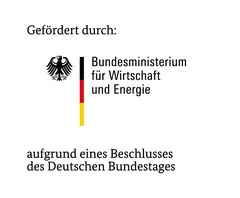ESPEN - Potentials of electrochemical storages in power grids in competition to further technologies and system solutions
Especially in Germany, the power supply is undergoing a great change, whose consequences will impact the supply’s security and stability and will only occur after middle-term scale. The important consequences are
- the increasing decentrally feed-in by fluctuating renewable energy sources
- the increasing feed-in by inverters instead of synchronous machines
- the increase of small power supply units with utilization of waste heat (CHP)
- as consequence of the previous factors, the decrease in numbers and overall power of large-scale power plants, which feed in the high and extra-high voltage level
The effects on future grid structures, transmission capacities and grid stability are expected to be significant.
In the context of the compound project ESPEN it is to be analyzed, which electrochemical storages are qualified to contribute to the stability and security of the future power supply systems. The aim is to create a roadmap for further steps in development and the modification of technical and economical surrounding conditions. Other energy storage technologies, such as thermal, material, pumped water and compressed air storage technologies will also be considered in order to elaborate the application limitations of electrochemical storage technologies.
The EES, as one of the seven project partners of ESPEN, has the research task to characterize, select, evaluate and test different technologies of energy storage with particularly examining the suitability for stationary applications.
For further information see www.espen-projekt.de.
